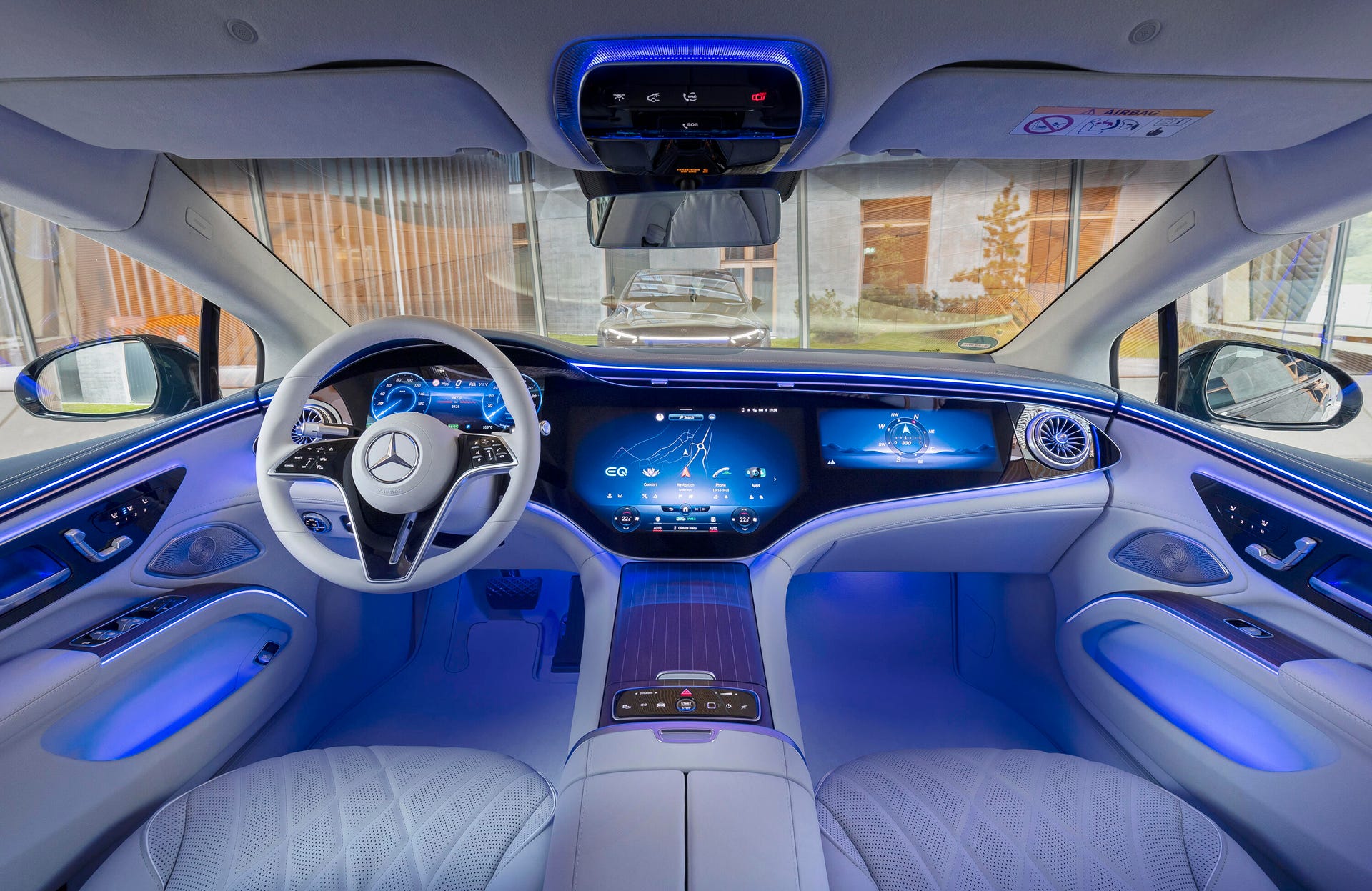
STUTTGART, Feb 22 (Reuters) - Mercedes-Benz on Thursday delayed its electrification goal by five years and assured investors it would keep sprucing up its combustion engine models, becoming the latest carmaker to flag a weaker-than-expected appetite for battery-powered cars.
The company now expects sales of electrified vehicles, including hybrids, to account for up to 50% of the total by 2030 - five years later than its forecast from 2021, when it aimed to hit the 50% milestone by 2025 with mostly all-electric cars.
While automakers and suppliers are betting big on future demand for electric vehicles, investment in capacity and technology development has outrun actual EV demand, prompting carmakers to readjust production plans.
CEO Ola Kaellenius cautioned towards the end of last year that even in Europe, sales would likely not be all-electric by 2030, with battery-powered cars currently making up just 11% of total sales, and 19% including hybrids.
Kaellenius said Mercedes-Benz wanted customers and investors to know it was well-positioned to carry on producing combustion engine cars and was ready to update the technology well into next decade.
Its current plans for updates mean "it is almost like we will have a new lineup in 2027 that will take us well into the 2030s," Kaellenius said.
Shares in the luxury carmaker were up 5.9% following the news, also supported by a 3 billion euro ($3.3 billion) share buyback programme unveiled late on Wednesday.
Slower economic growth, supply chain bottlenecks, and trade tensions between China and both the U.S. and European Union also weighed on Mercedes-Benz's outlook for 2024, the carmaker said, forecasting lower returns on sales across its car and van division.
First-quarter sales are likely to come below the previous year's level, it said, as component shortages - particularly of 48-volt systems supplied by Bosch - continued to hold back production.
Electrified vehicle sales, including of hybrids, were expected to remain at approximately 19-21% of the total, Mercedes-Benz said.
The luxury car maker reported an adjusted return on sales in its car division of 12.6% for 2023, in line with its forecast, as inflation and supply chain-related costs as well as component shortages ate into its profits.
For 2024, it said it expected a lower adjusted return of 10-12% for cars and 12-14% for vans, down from last year's 15.1%.
The company raised its average price by 2% to 74,200 euros, and increased spending on research and development for future technologies such as its MB.OS platform.
Group earnings before interest and taxes fell to 19.7 billion euros from 20.5 billion euros last year despite a 2% rise in revenue.
($1 = 0.9223 euros)

